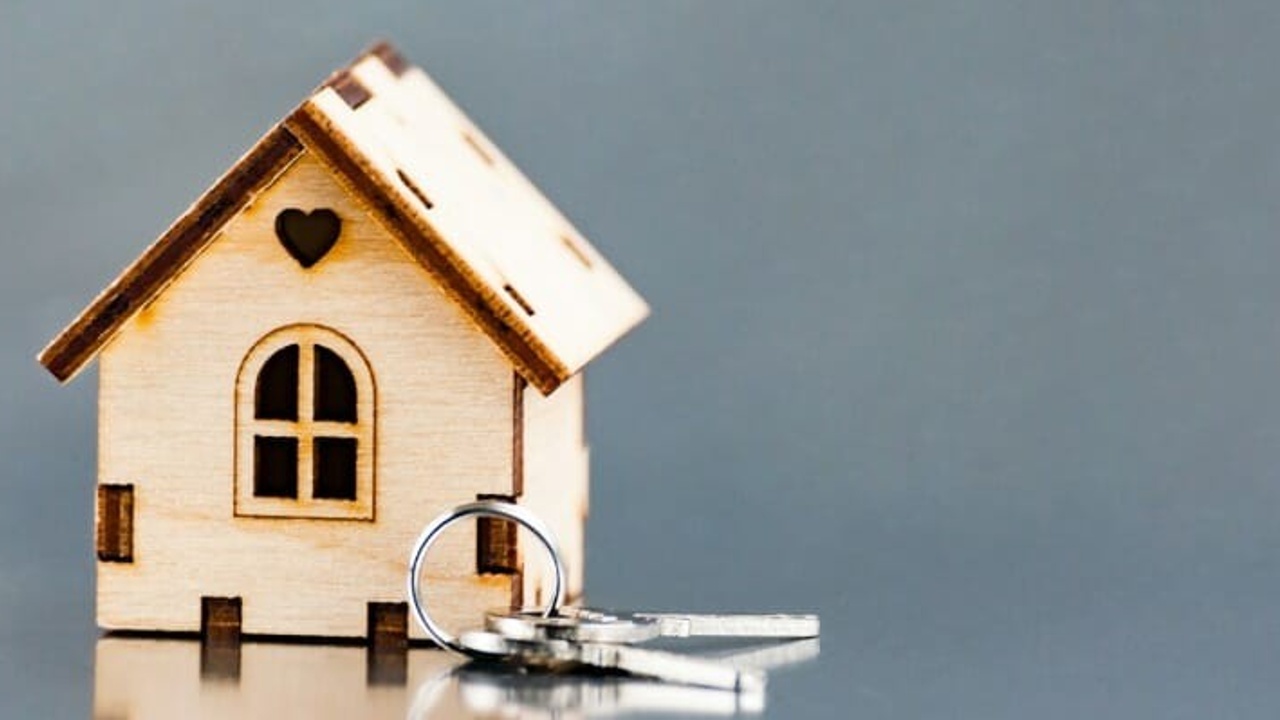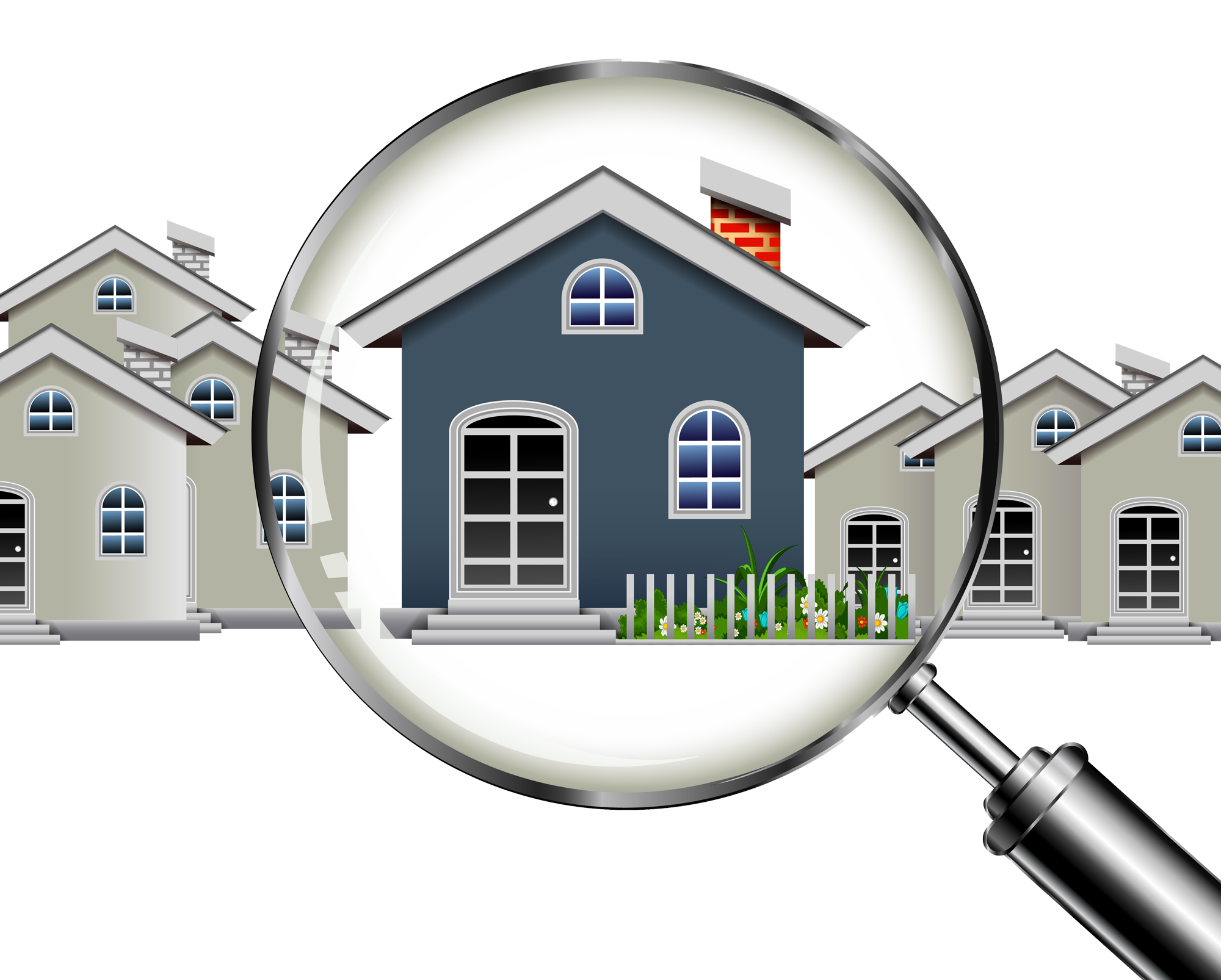Buy Your First Home: Who You Need & What to Do
Feb 15, 2021
The path to home ownership is a wild ride, especially on your first go-around. The mass amount of jargon, documents, research, and people involved to pull off a home purchase can be overwhelming.
Don’t let this deter you! Remember, you’re a capable adult, who can learn anything — even the steps involved to become a homeowner. In the article we’ll break down and detail the actionable steps you need to take if you’re embarking on your first home buying journey!
Buying your first home: Who you need
Before we begin the process, I want to be clear that your first home purchase will not happen in a bubble. You’ll need a team to help you. Let me also stress during this time that the more experienced and knowledgeable your team is- the easier the purchase process becomes. Rely on good referrals, research, and some ‘gut feelings’ to decide who you go with.

Your passengers on this home buying journey will be the:
- Real estate Agent
- Mortgage company (lender)
- Closing Attorney or Title Company
- Insurance Agency
- Home Inspectors
Let’s take a look at them one by one.
Real Estate Agent
This is going to be the quarterback of your team. This person will not only help you find the home that’s right for you, but they’ll be your key advisor. Likely they’ll help organize inspections and will represent your interests when negotiating with the seller. Real estate agents are also awesome connectors. They likely will have good referral for other members of your team based on their past experience.
Look for a real estate agent that has some experience because they’ll know how to handle all the unknown situations that pop up. However, someone with a minimal amount of clients can also be a bonus, because you’ll be their number one priority! Either way, make sure you feel comfortable talking to your agent and you like their communication style. The home buying process can take 1–3 months and you’ll be touching base with this person often.
Mortgage Company/ Lender/ Bank
Most likely, if this is your first home purchase, you’ll need more than just the cash you have in your account to pay for the home. You’ll need a mortgage company, bank or some type of lender to help you borrow the rest.
There are many options when it comes to home lending from lenders, to terms, to rates, and special financing programs. I encourage you to research at least 5 different companies and their programs. When contacting lenders, they should be able to give you sufficient information without pulling your credit when you provide them with:
- your credit score or FICO score
- your income
- the money you have available to put as a down payment
- your timeline
- the approximate purchase price of the home you’re looking to buy.
Don’t worry, after you complete the 3 steps- you’ll have all this information ready to go!
After your research, narrow down your preferences to the final two lenders and then submit applications to see who you’d rather work with. The mortgage associate will be your main point of contact for collecting payment and explaining the terms of your loan — so again, make sure it’s someone you feel comfortable with!
Closing Attorney or Title Company
In most states mortgage loans need to be processed by an attorney or a title company. Each company will have slightly different fees they charge for the paperwork they process, so it’s best to call around to at least 3 different companies after you’re under contract with your home. This company will be responsible for getting your paperwork together and transferring and distributing money from the buyer/lender to the seller, their previous lender, the real estate agent and anyone else who will be part of the transaction.
Most of the time your real estate agent will have solid referrals!
Insurance Company
Take it from someone who’s been through multiple hurricane’s- insurance is a must! In addition, your lender will require you to have it. Insurance companies have pretty standardized products.
- Premium- your yearly fee for insurance
- Deductible- if damage happens, this is the amount you have to pay before the insurance company will give you money. Reminder that for different events, you may have different deductibles.
- Liability limit- The total amount of money the insurance company will pay out if something occurs.
So your premium rate will be higher with a low deductible and high liability limit and lower with a high deductible and low liability limit. Again, once you're under contract- call a mix of local and national companies to figure out the best rates for you. Make sure you ask about discounts based on your credit score and combining any other services (alarm or auto insurance).
Inspectors
If you’re buying a home, you’ll want to have it professionally inspected. The inspector will give you a report (maybe multiple, depending on what types of inspections you order). You’ll use this report to understand what condition the home is in, and maybe ask the seller to do any repairs or changes before you move in.
Your real estate agent most likely has inspectors they work with. You can also ask your mortgage company for referrals too. Again, they all have different rates and services, so best to call around to 2 or 3 and choose from there.
Buying your first home: What to do Checklist
Ok, now that we know WHO will be taking the ride with you, let’s talk about WHAT you’ll need to do to prepare for this journey. Here are the 5 steps:
- Take a look under the hood of your credit score.
- Map out your numbers and documents.
- Give your budget a tune-up.
- Fill up your down- payment & emergency savings.
- Start your search and prepare for at least one thing to not go perfectly.
In all honesty, it’s easier that it looks. Additionally, the more you prepare on the front end, the smoother the process will go.
1. Take a look under the hood of your credit score.
Those 3 little numbers end up being a BIG factor in what kind of rate your lender is going to offer you. Credit can also take time to review, build, and repair — for this reason I highly suggest starting here!
![]()
Go to annualcreditreport.com to review your credit report. Review each credit bureau report separately. The 3 are Experian, Equifax, and Transunion.
- Correct all contact and basic information.
- Look for any mistakes in reporting from lenders- if a mistake is found- place a claim with each credit reporting agency.
- Identify any collections or balances you have. Call the owners of these balances and negotiate a payment strategy.
Doing these actions will ‘clean up’ your credit report and keep everything up to date. Honestly, it’s a great habit to keep up once a year.
You’ll then want to identify your FICO score. Many credit cards will give you your FICO score on your monthly statement (Discover and Wells Fargo are a few). Otherwise you’ll want to go to myfico.com. This is the 3 digit score that most lenders use.
Then to maintain your freshly cleaned credit score, you’ll want to make sure you
- Pay every bill on time! This accounts for about 35% of your credit and FICO scores.
- Pay down any credit accounts with high balances to reduce your debt utilization
- Don’t open any new lines of credit until your new mortgage has been established.
Let me end this section with this. Credit can be a tedious process, but also one that can save you lots of money in the long run with better mortgage, insurance, and utility rates among other things. This is a simplified list of what to do. Please look through our other blogs or you can visit HERE to sign up for more information about our upcoming credit course!
2. Map out your numbers and documents
Figuring out how much house you want/can/should be able to afford can be a bit of an art and science and is going to vary person to person. Here are some tips:
- Utilize a mortgage calculator to get some ideas of what your payments might look like. Most will input what average mortgage rates are at a time and allow you to enter in costs like insurance, mortgage insurance, taxes, and Home Owner’s Association fees. They’ll also let you play around with the down payment amounts. Personally I love this calculator from Realtor.com- it’s really easy to use!
- Compare renting to owning. Take your estimated payment and compare that to renting a similar home in your desired neighborhood. Although there will be more to making your decision than a rent to own ratio, it’s a good idea to take a look to ensure it’s not more economical to rent in the location you want to live in.
- Think about the number of years you’ll stay in this home. This will affect the choices you make for the down payment, type and term of your loan. Be honest when talking to lenders about this and they can help guide you in the best direction and weigh your options. If it’s your forever home- paying off the loan fast will be important. If it’s your ‘right now’ home, low monthly payments might be best so you can use money to invest in other places.
- Get an idea of your DTI- Debt to Income. This is a key factor that lenders will use to get your loan approved. The lower the % the better, and 40ish% is the highest lenders like to see. Just divided your current debts + your new mortgage amount by your income. For example: If the monthly minimum payments on all my debts is $100, my proposed new mortgage is $900 and my income is $3000 my DTI is 33%.
- Get your net worth statement together. It’s basically a list of your assets and liabilities and will also help the bank determine how much they can lend you. You can read more about net worth statements HERE.
- Calculate your proposed housing costs as a percent of your gross income. The general rule of thumb is that your housing payments should represent no more than 30% of your income. So in my previous example, my proposed housing costs would be exactly 30%. However, this is just a rule of thumb and the lower you can keep your housing costs the better. You’re new home will hopefully be a great investment and appreciate in value — but it’s also important to make sure you’re allocating income to your retirement accounts too!
- Depending on your market, you may need a ‘pre-approval’ from a bank or lender to start home shopping with an agent. I’m would also recommend you get a pre-approval. It can make the lending process easier and it shows both your agent and sellers that you’re serious about this purchase. To get a pre-approval your lender may require you to submit tax returns, W-2’s, bank or credit card statements, or anything else that proves your ability to repay back your loan.
3. Give your budget a tune up.
Once you have your numbers, you’ll want to test run them into your current budget. Here are my suggestions:
- If it’s been a while since your last budget review, take the last 3 months of bank and credit card statements and categorize your spending.
- Think about if any of this spending would/could change with homeownership. For example, if you pay for parking or storage now, maybe that would change once you owned your own home.
- Create budget or cash flow plan including your NEW expenses for your mortgage and home maintenance (you can download the workbook I've been using for years here).
- Utilize any funds that you would put towards your home expenses towards your down payment & emergency funds. For example: My total current expenses are 1500. If I purchase my new home I’ll forgo my current rent of 750 and be spending 1000 for my new mortgage and expenses. So, until I’m ready to close, I’ll put $250 in a savings account to prepare for my first home purchase!
4. Fill up your down- payment & emergency savings.

So, now that you’ve done some research to see how much you can afford what’s the smart amount to borrow- it’s time to save up for that down payment. Your down payment could be anywhere from 5–20% of the purchase price of the home. This will be based on how much cash you have saved up and what you want your cash flow to look like month to month. Some things to keep in mind:
- Homeownership comes with a lot of unknowns. This year alone we had to pay out a $7500 insurance deductible 3 months after purchasing our most recent property. Other emergencies I’ve encountered: broken A/C, structural issues, grass dying, landscaping issues, refrigerator repair, screened in porch repair, electrical repairs. So, plan accordingly and put aside an extra month’s worth of expenses in your emergency fund.
- There will always be something you want to improve. I’ve bought both new and older homes and there is ALWAYS something cosmetic I want to change, even if it’s just paint and floors. Honestly, these are great changes to make, but they cost more money! So give yourself some wiggle room to make these changes. Maybe it means putting a slightly lower down payment so you’ll have a little more cash in the bank after closing. The last thing you want to do (although many do) is to go into a big pile of debt right after your home closing.
- Use a savings tracker. I find these really helpful! Your bank may have one built into their online system. I use this emergency and sinking fund tracker. There are also a bunch of online trackers too, one of my favorites is through Mint. Here you can link all of your accounts and track your savings, among other things.
4. Start your search and prepare for at least one thing to go wrong.
Yes!! The fun part!

Searching for the right home can be both exhilarating and exhausting depending on what type of market you’re in.
- It’s ok if the first house you love doesn't work out. It always happens, you find a home you LOVE and the sellers don’t accept your offer or it has something wrong with it, or it goes off the market, or something happens. Just know that it wasn’t meant to be, and the right house is on the way.
- You will have to compromise somewhere. Yep, the perfect home for the perfect price just rarely exists. So, make a priority list! For our last home search it was yard space- which is more rare in New Orleans. We have 3 dogs and it was just a non-negotiable. (Side note- in a pandemic this was key to us not losing our minds!) So, make a list of wants and put the most important at the top, knowing that the things towards the end of the list can go if necessary.
- Something might (will definitely) go wrong. Very rarely does a home purchase go all to plan, and that’s ok. That’s why you’ve hired a great team to get you through this process and know it’s OK to advocate for yourself too! As long as you remember the reasons you wanted to buy a home in the first place and keep a focus on the big picture- you can get through any obstacles that come your way!
I hope these steps can get you moving in the right direction to home ownerships.
“Owning a home is a keystone of wealth… both financial affluence and emotional security”. — Suze Orman
Although owning a home is not for everyone, I agree with Suze in that it’s a great way to build wealth and have something that is yours that you can take pride in. Best wishes to you on your home buying adventure!


